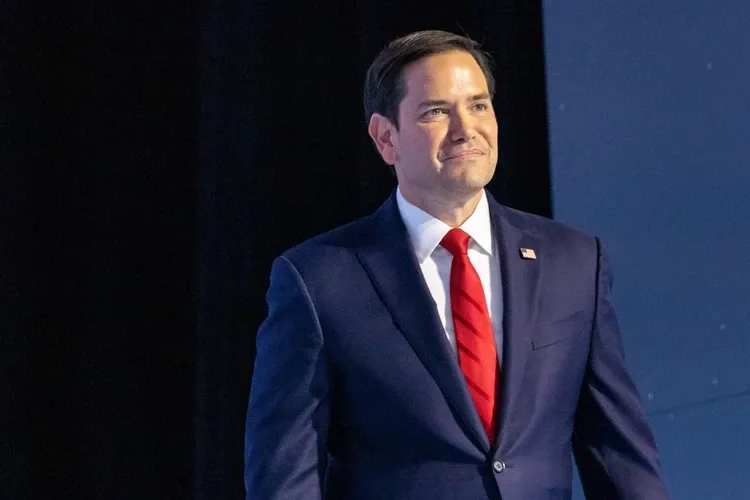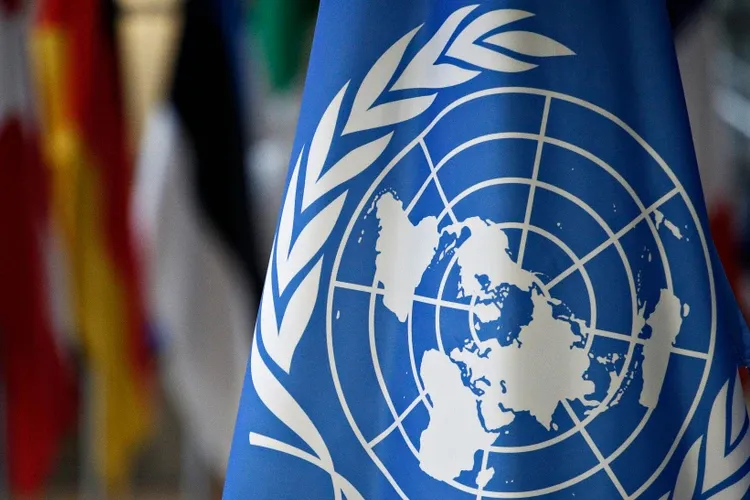The Trump administration is preparing a significant overhaul of the National Security Council, with plans to reduce staff numbers and centralize decision-making at the White House.
This restructuring will diminish the traditional role of the National Security Council, long considered the nerve center for coordinating presidential foreign policy.
Changes to the council are expected in the coming days, according to White House officials familiar with the matter. From day one, the restructuring process has faced complications such as strict loyalty-focused background checks and swift terminations through multiple staff purges since President Donald Trump took office.
The National Security Council currently operates with minimal meetings to shape national security agenda items. Some staffers are undergoing new interviews with the Office of Presidential Personnel as the reshaping continues, a process that remains somewhat fluid in nature.
Secretary of State Marco Rubio has stepped in as interim National Security Adviser following the removal of Mike Waltz, who was subsequently nominated as Ambassador to the United Nations.
While Rubio’s views on National Security Council operations are not yet clear, sources close to the administration suggest maintaining a small staff is crucial for remaining in Trump’s good graces.
The administration now confronts several pressing foreign policy challenges, including the ongoing Ukraine war, negotiations regarding an Iran nuclear deal, and efforts to secure a ceasefire in Gaza. Discussions about future National Security Council leadership and operational structure continue behind closed doors.




